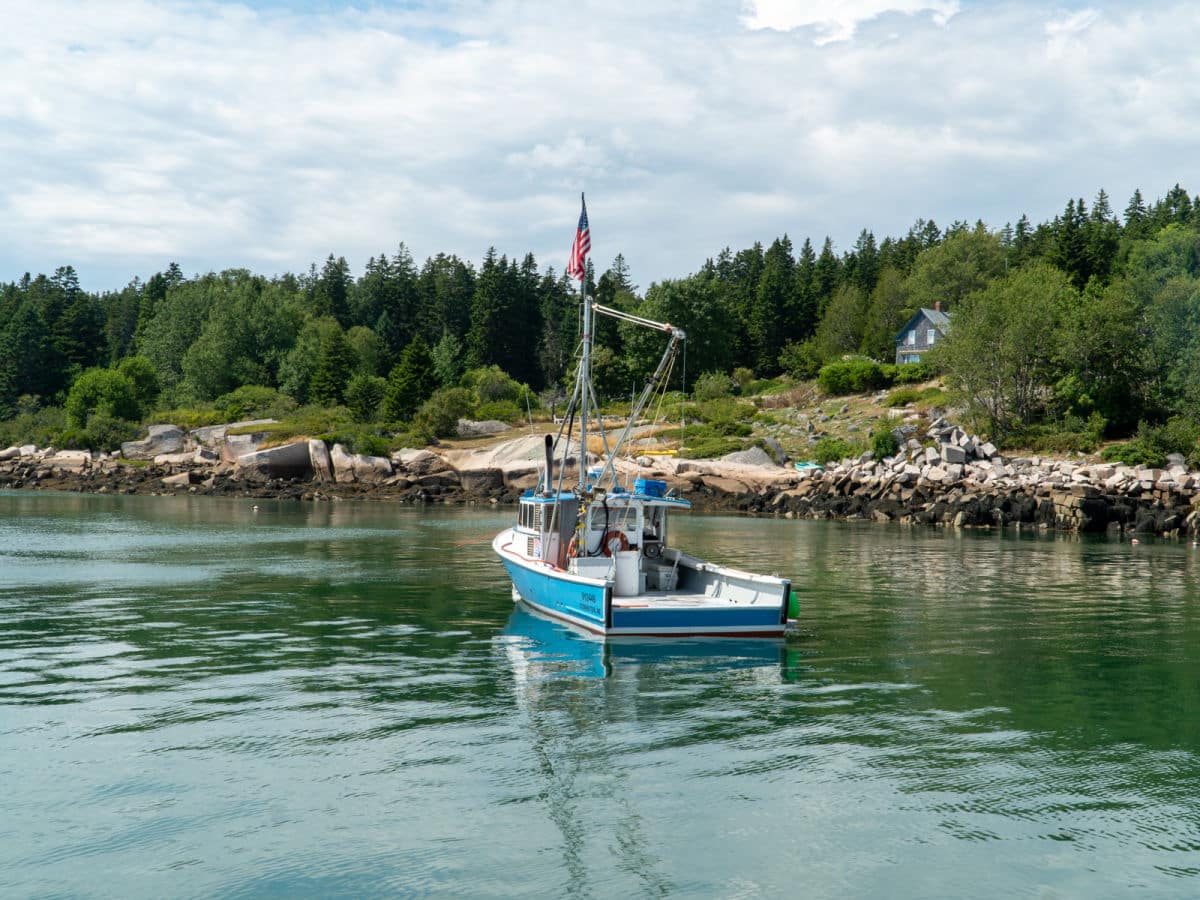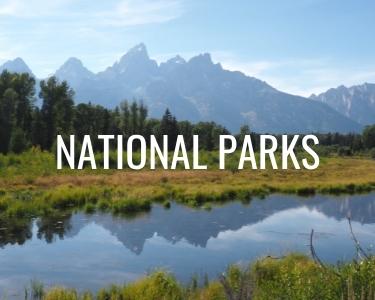
Welcome to WE3TRAVEL®
Hi! I’m Tamara and I’m an avid travel planner who incorporates unique cultural experiences, fun outdoor adventures, local foods, and boutique accommodations into each of our trips. I then share these custom-crafted itineraries to make travel planning easier for you!
I am often traveling the world or exploring nearby New England, both on my own or with my family. You may find us star gazing in national parks, taking a cooking class in Marrakech, exploring Europe, or relaxing at a luxury hotel.
RECENT POSTS
SIGN UP FOR OUR NEWSLETTER &
RECEIVE A Trip PLANNING CHecklist!
We3Travel.com will use this information to send you newsletters. You can unsubscribe at any time by clicking the unsubscribe link or by contacting [email protected]. By clicking below, you agree that we may process your information in accordance with these terms.












